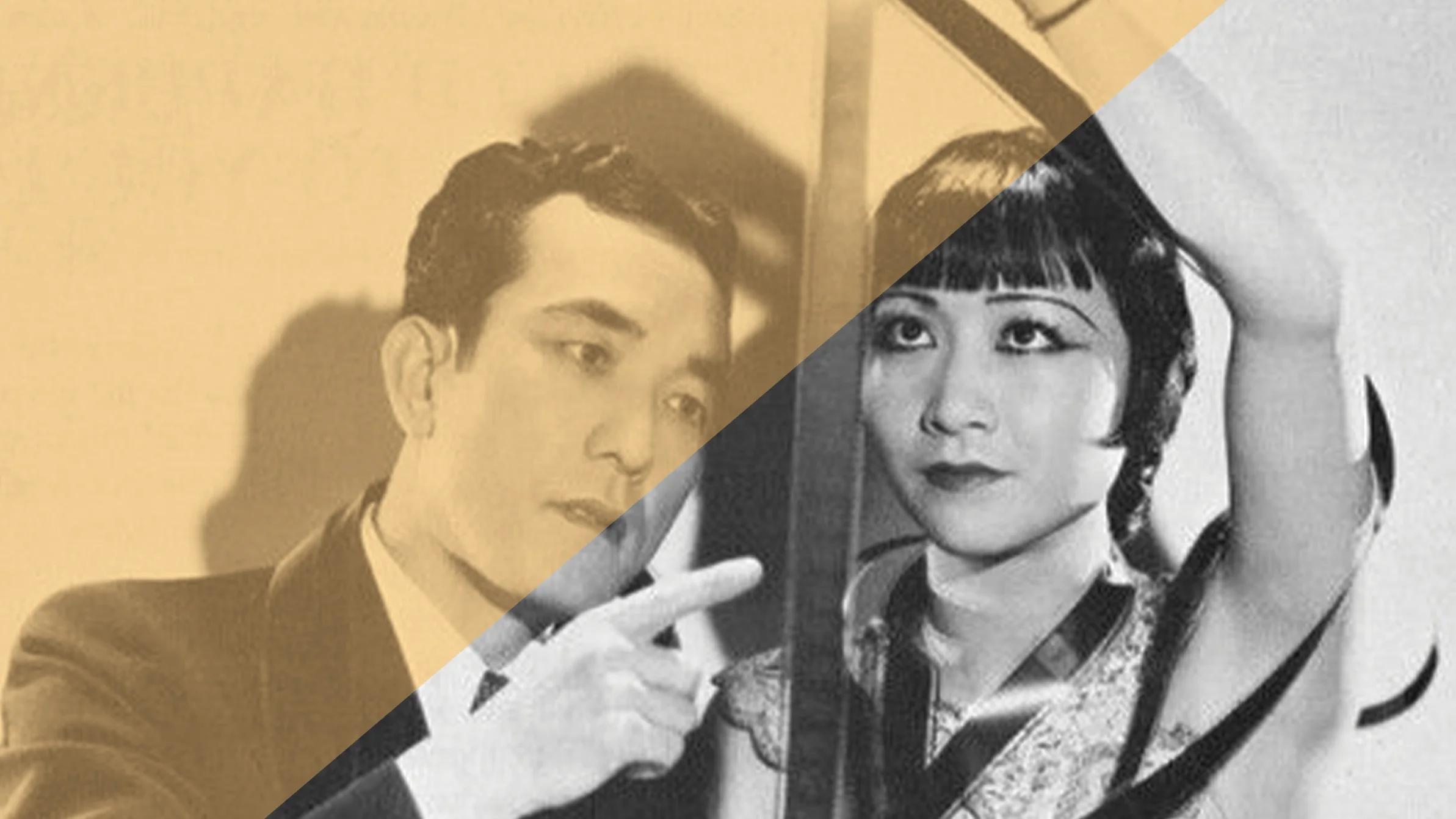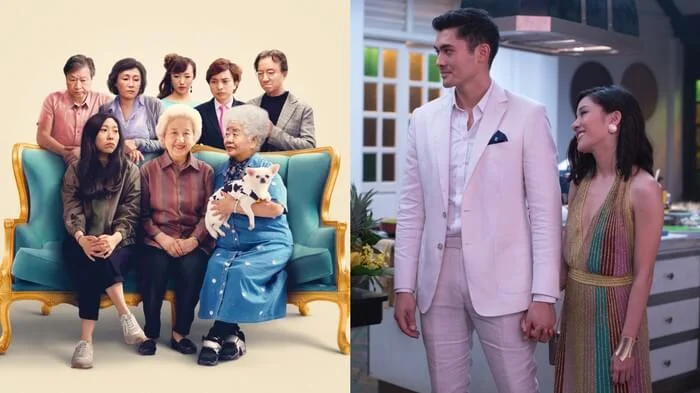Join Theater Mu and Minnesota Opera for a discussion about the presentation of traditional operatic repertoire and the commissioning of new work, which hopes to expand representation and audience engagement through the resetting and rewriting operas in order to change racist narratives and increase Asian representation within the field of opera.
Read More“People in Hollywood, nowadays, they all celebrate reflections and representation. I’m looking past that,” he said. “I’ve been past reflection of representation for the last 20 years. I can see myself in a mirror, thank you very much.”
Read More“As a young girl, I never got to see a Cinderella moment where the girl looked like me. This is the most important part of the story for me is being able to represent our community. It’s creating a space for Asian-Americans to tell their story and have a moment.”
Read MoreFrom the outside, the 2010s in Twin Cities theater haven’t seen any changes as visible as the Guthrie’s 2006 move to its big blue riverfront home. The view from theaters’ seats, though, has changed significantly—a result of even more dramatic shifts behind the scenes.
Read More“She wanted me to be like”—and here Ricamora slants his eyes, sticks out his front teeth, and chortles, “Oh ho ho ho.” As a college graduate without any formal theatre training, he got his introduction to acting via that Anything Goes. He says now it felt “icky, but I wanted to be able to keep doing the show and I fucking did it. And still to this day I feel terrible that I did it.”
Read MoreJoy, a Filipino American student at the University of California, Berkeley, wishes on a shooting star for supportive white parents when she feels pushed to the limit. “A lot of people don’t understand the weight or the debt we have to our parents. They don’t understand why it’s hard for us to live our own lives,” says playwright Joy Regullano
Read MoreBeginning their careers in the 1910’s silent film era, Anna May Wong and Sessue Hayakawa defied miscegenation laws and Yellow Peril sentiments by becoming overnight Hollywood sensations. Throughout their careers, they experienced the highs and lows of being Asian onscreen, gaining leading roles and Oscar nominations along the way. True icons often left out of history, we celebrate their lives and are inspired to build the world on our own terms.
Read More“I am not Brock Turner’s victim. I am not his anything. I don’t belong to him. I am also half Chinese. My Chinese name is Zhang Xiao Xia, which translates to Little Summer.” We must continue to listen to survivors, with all of their intersecting identities, whether or not they choose to publicly share their traumas. We must support, confront and disrupt, and work to eradicate systemic issues of toxic masculinity, rape culture, and sexual violence.
Read MoreFinding that community of Asian American creatives wanting to work and make things together is key. Nancy Wang Yuen emphasizes that “The talent has been there. There is more support, more platforms, [people are] more nurtured. There are more Asian Americans behind-the-scenes working on Asian American projects…a desire for Asian American writers to tell the story.”
Read MoreIn doing so, we’re reinforcing the basic premise of critics: that adherence to Western masculinity should be the yardstick by which manhood and sexual appeal are universally measured. Instead of rejecting objectification and fetishization—realities that Asian women face every day—Asian men are aspiring to such circumstances.
Read MoreBut there’s a clear objective to this objectification: detonation — to blow up the stereotype of the emasculated Asian man. If you’re not familiar with Hollywood’s troubled history of portraying Asian men, it’s a given that if an Asian man pops up in a mainstream movie, he’s going to be asexual.
Read More“They’re the ones who always do the right thing, stand up for the little guy and then fly away into the sunset. What could be more cool than that? I think seeing yourself represented in that way can have a profound impact on how you view your place in society, your cultural identity and what you are capable of achieving.”
Read More“There’s nothing else to call him but the butt of the joke, because everything that makes him powerful is the very thing that makes him laughable in the film,” said Yuen, who found the depiction and her theater’s reaction to it insulting. “His kung fu becomes a joke, and his philosophizing becomes a fortune cookie, and the sounds that he makes as he does kung fu are literally made fun of by Cliff. They made his arrogance look like he was a fraud.”
Read MoreThe story is framed and told by white men with little or no consultation from the Vietnamese community. And each time it plays, it will get a standing ovation because — well — the performances are strong and eclipse the racist details and macro-aggressions in the narrative.
Read MoreThere is growing desire to see hot Asian men up on the small and big screen. However, it’s still an unfortunate world that we live in when actors of color have a more difficult time landing leading roles, as Hollywood remains overwhelmingly white.
Read MoreBut while the current wave of movies makes the necessary first steps of representation, we must interrogate whose stories are being told. Judging by the roster of what's hitting theaters, Hollywood—and the people talking about its successes—seem stuck in the problematic loop of conflating "Asian" with "East Asian," boiling down the "Asian American experience" to one phrase that doesn't actually suit all.
Read MoreThe Chinese-Canadian actor, 30, was announced as Marvel’s pick for the role of the kung fu master in Shang-Chi and the Legend of the Ten Rings at Saturday’s panel at San Diego Comic-Con. The upcoming film marks Marvel’s first feature with an Asian lead.
Read MoreI’ve had managers, agents, producers and directors tell me to change my name, to color my hair lighter or darker, or to do my makeup in a more or less ‘exotic’ style.Multiracial Asians are often gently urged to push themselves out of the racial DMZ: to make themselves more Asian, or less, as if it's not possible to be both.
Read MoreSince being cast as the star of Disney’s live-action remake of the animated movie, Bailey, who’s black, has become a target of racist trolling. Huey, who’s Japanese American, touched on the controversy in an interview with The Wrap and offered some advice to the fellow Ariel actress.
Read MoreActors of color are often offered roles that, despite their depth and complexity, ask the actors to depict some sort of trauma or oppression in order to shift the audience’s perspective or spark conversation. By putting humorous and silly stories on stage, we continue to remove the boxes put around people of color and broaden the contexts in which we see them represented on stage.
Read More



















